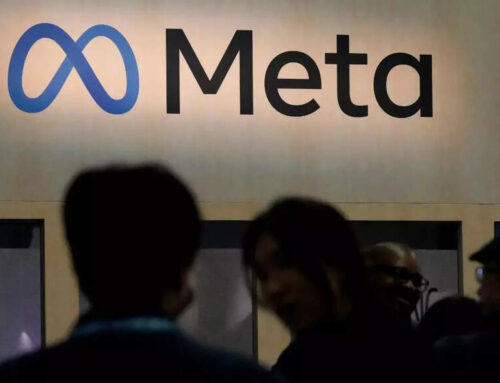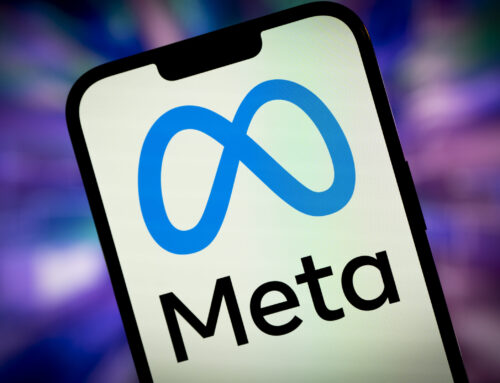Google, Meta & Microsoft scale back diversity data disclosures amid Trump-era anti-DEI pus
November 10, 2025
Some of the major US tech companies are discontinuing with practice of publishing gender and racial statistics of their workforce. Tech giant Google is not planning to share the information this year, according to a report by Wired, citing four employees aware of the internal development.
Additionally, Microsoft and Meta will not be publishing diversity reports and data this year, the report said, citing spokespeople for the companies.
This significant decrease in transparency might hide the effects of US President Donald Trump’s anti-DEI (diversity, equity and inclusion) policies on the tech workforce. Additionally, it could create obstacles for workers and civil rights organisations aiming to influence tech companies to better reflect the demographics of the countries in which they operate, the report said.
These three tech giants, which together employ hundreds of thousands of people across the globe, are in contrast with their industry peers. Apple, Amazon and Nvidia each published new diversity data this year.
Also Read | Amazon’s AI comeback: Inside the race to close the Big Tech gap
Why is Microsoft not publishing data this year?
The report quoted Microsoft chief spokesperson Frank Shaw, who said that the company is not doing “a traditional report this year as we’ve evolved beyond that to formats that are more dynamic and accessible”, including “stories, videos and insights that show inclusion in action”. He added that the company’s “mission and commitment to our culture and values remain unchanged”.
Meanwhile, Meta spokesperson Tracy Clayton confirmed that the company will not publish a diversity report this year. He did not explain the reason for the decision.
Also Read | Google Maps upgraded with Gemini: 6 big changes coming to the navigation app
What did Google’s previous disclosures reveal?
Over the past decade, disclosures revealed that Google and many other tech companies have increasingly hired more women and racial minorities. However, these groups remain underrepresented in technical and management roles compared to their proportions in the overall US population. Some firms also released extra data indicating higher attrition rates among racial minorities and limited diversity regarding disabled or LGBTQ employees.
Google published its employee diversity data for the first time in 2014, with several other tech giants following suit later that year.
Tech executives recognised the importance of being more transparent about the underrepresentation of certain demographic groups. “It’s hard to address these challenges if you’re not prepared to discuss them openly and on facts,” the report quoted Laszlo Bock, Google’s head of people operations.
Following the initial report, Google released 11 annual reports, which included data from 2013 to 2023, with the last report published in June 2024. Meta released data spanning 2014 through 2022, while Microsoft last released the report in October 2024.
Also Read | Will scrapped diversity policies in the US have ripple effects in India?
Trump’s anti-DEI policy
After Trump’s return to the White House in January, the corporate dialogue surrounding DEI underwent a shift. He directed federal agencies to “fight illegal private-sector DEI preferences, mandates, policies, programs, and activities,” which could involve suing companies or imposing fines for valuing identity over merit in employment choices.
Companies, including Meta and Google, suspended minority hiring targets and removed certain mentions of “diversity, equity, and inclusion” from their websites and regulatory filings around the time of Trump’s order. They also notably cut back on funding for DEI initiatives, such as events, training, and recruitment efforts aimed at increasing minority representation, as reported by company statements and employees.
Search
RECENT PRESS RELEASES
Related Post


